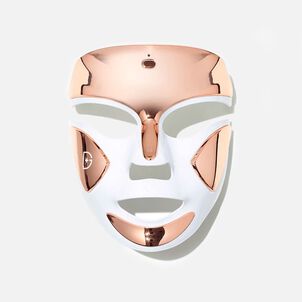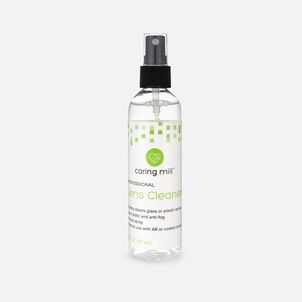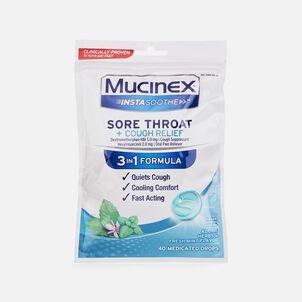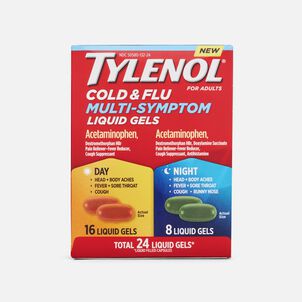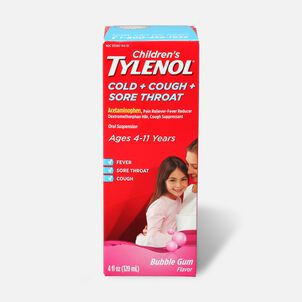 | SHOP NOW
| SHOP NOWEvery year during the open enrollment you have the opportunity to start reviewing health insurance options for yourself and your family. One of the choices you may consider is a high-deductible health plan (HDHP). While lower monthly premiums may sound good, you'll pay more before insurance kicks in.
Health savings accounts (HSA) with their tax benefits are one way to ease the financial burden. HSA allows you to contribute before tax, grow money tax-free, and take it out for qualified health expenses any time. If you don't use the money, it can continue building through retirement (while your HSA tax benefits are building at the same time).
Sizable 401(k) and HSA balances could be a powerful combination — but prioritizing isn't easy. Of course, you should speak with a qualified financial advisor before making any decisions, but let this article start the conversation. Because if you have limited resources, and you're not sure where to contribute first, take note of these considerations.
Know the benefits of your 401(k)
We spend a lot of time gushing about HSA tax benefits, but your 401(k) is a powerhouse in its own right. Contributions come straight from your paycheck before taxes. Doing this reduces the income you pay taxes on, and you can contribute up to $23,000 for 2024.
Contributing to your 401(k) is generally a good idea — especially if your company offers a match (that's free money!) The catch is, you'll pay regular taxes regardless of when you withdraw it. This could be a good or bad thing depending on your tax bracket in retirement, and spending it before you're 59½ means paying a 10% penalty on top.
401(k) withdrawal rules
There are two exceptions to the 401(k) withdrawal rules: 1) loans or 2) hardship withdrawals. You can borrow up to 50% of your balance — with a limit of $50,000 — as long as you pay it back within five years. The IRS allows for some extra time if you used it to buy a home. Either way, it's a risky move. You could be asked to pay it all back immediately if you lost your job. Hardship withdrawals are only allowed if you have what the IRS calls "immediate and heavy financial need." You don't have to pay it back, and there's no penalty, but you will still owe regular tax. It's important to know both of these options hinge of whether your plan allows them.
Your HSA's unique tax benefits
If you have a qualified HDHP and are otherwise eligible, contributing to your HSA offers tax benefits too. Like your 401(k), the money goes in before taxes. The key difference is, the balance grows tax-free. Best of all, you won't pay taxes for qualified withdrawals. The balance can be used to pay for eligible medical expenses anytime.
Saving on taxes three times is pretty sweet. The only problem is you can't contribute without an HDHP if you have other health coverage that pays before the deductible. Also, HSAs have much lower limits — $4,150 for those participating in the health plan as an individual or $8,300 for families in 2024. Over the course of your life, it may not be possible to accumulate as much as your 401(k). Still, you'll be happy there's extra money earmarked for healthcare in retirement.
Which account should I contribute to first?
In an ideal world, you make enough to max out both your 401(k) and HSA every year, but that's not reality for most people. HSAs usually require at least a small deposit — sometimes as low as one dollar — to open the account. From there, you'll need to be a bit more strategic. See if your employer offers a match for either the HSA or 401(k). If so, you'll want to take advantage of that. From there, a lot of factors may impact your next move. Speak with a financial planner to run some tax projections. Your family's complete financial picture will impact the numbers, and one choice should emerge as the winner.
As always, the information provided in this article should not be considered legal or tax advice. Please consult a licensed professional for appropriate advice given your individual situation.
-
Thank you for visiting the HSA Store Learning Center. Don’t forget to follow us for more helpful tips on Facebook, Instagram, and Twitter.


.png)
